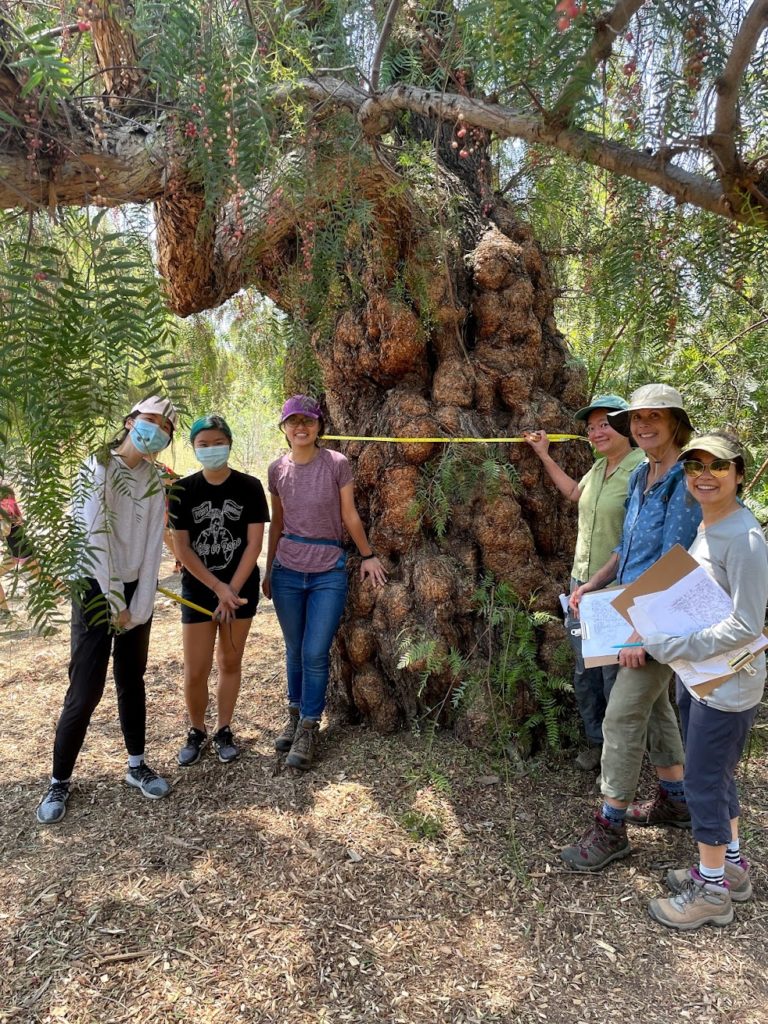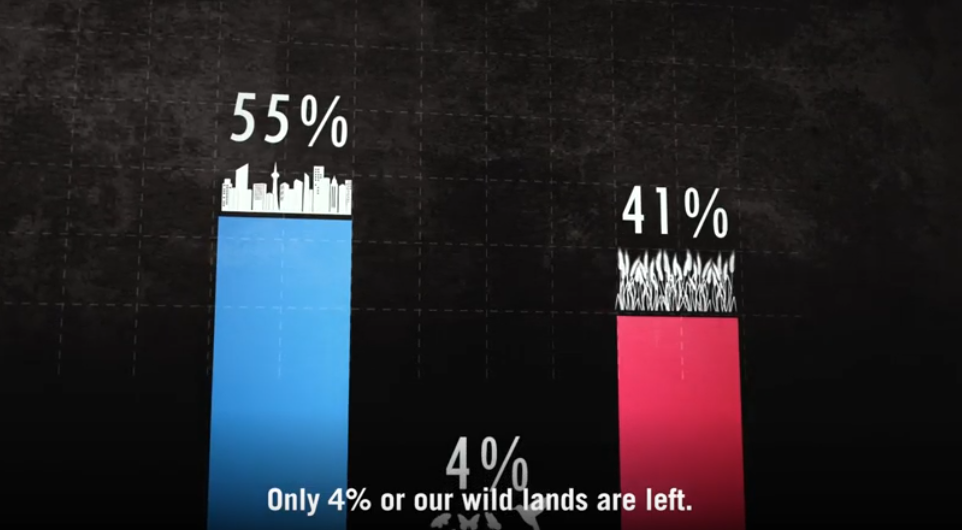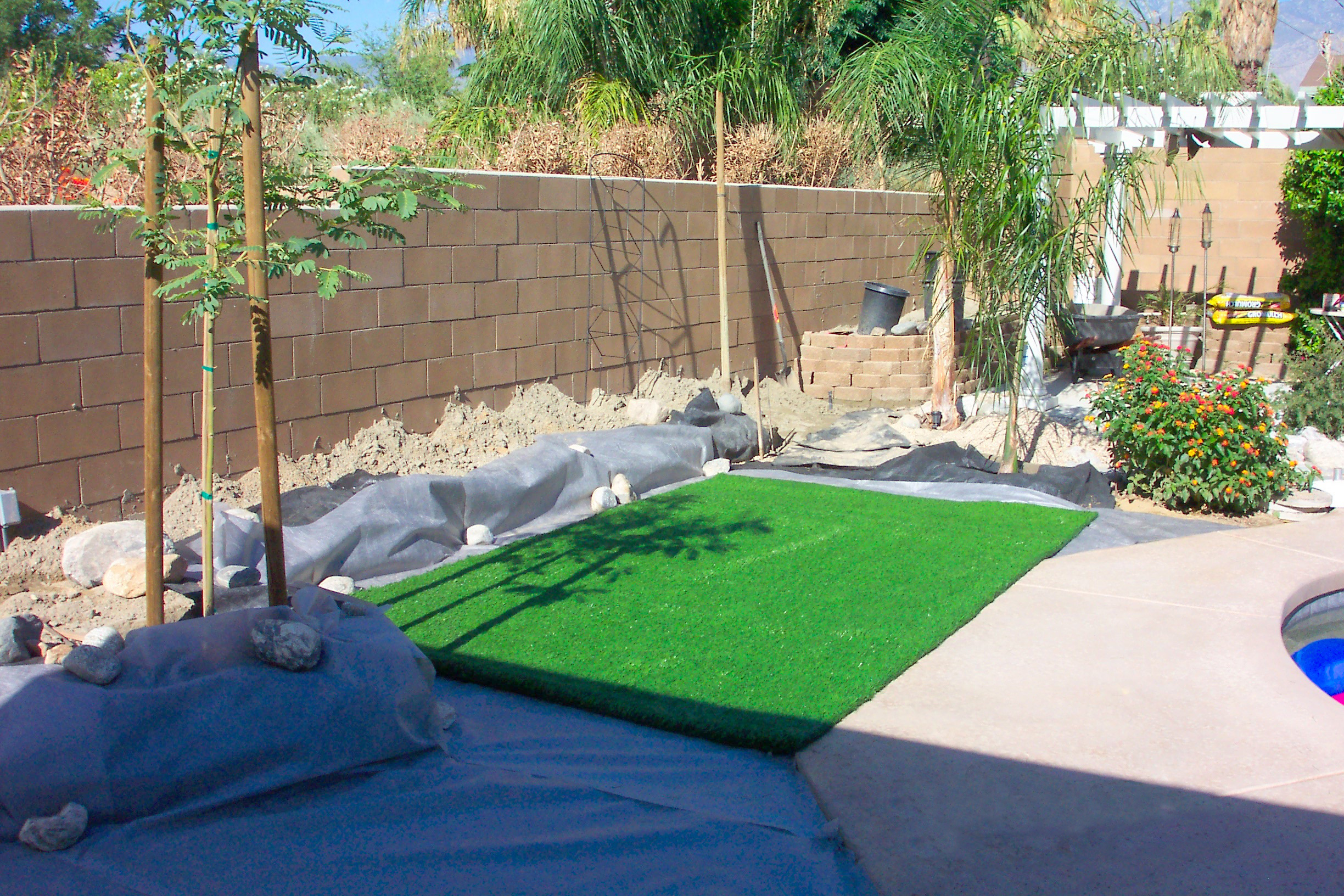Why a tree survey?
by William Hallstrom (Arlington Garden volunteer)
Aug 27, 2021
For the past few months, most of the volunteer crew at Arlington Garden have spent at least some of their time wrapping the trunks of each of the garden’s trees with the kind of soft tape measure you might use for sewing, looking up to the highest branches and pacing underneath them while jotting down notes. It’s all part of the tree survey, one of the recent volunteer projects at the garden, whose goal is to determine how much carbon is being sequestered by the trees in Arlington Garden.
Arlington Garden Communications & Volunteer Manager Andrew Jewell says the idea for the tree survey began from a need for some real data to help bolster a proposal. “We set out to quantify the effect the garden has on various environmental measures including atmospheric carbon, the urban heat island effect, rainwater capture,” he says. This would require human effort, which was facilitated by the growth of the volunteer program in recent months.
Arborist Jonathan Flournoy came out to the garden on Tuesday, June 21nd and walked us through the basic process. It’s pretty simple. Teams of volunteers are assigned parts of the garden to work in. Teams of two people work well—one person can take measurements and the other can record them. READ MORE: https://www.arlingtongardenpasadena.com/2021/08/27/why-a-tree-survey/?mc_cid=6b9fafac4a&mc_eid=137d77d9e0



